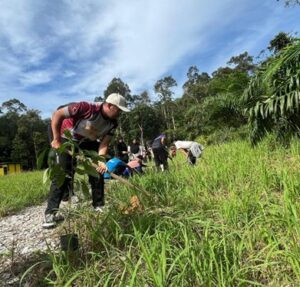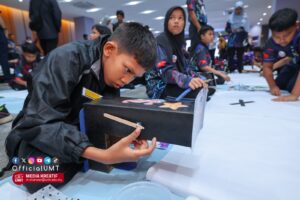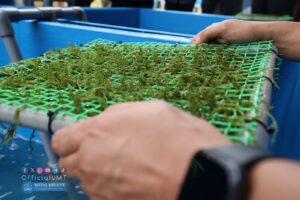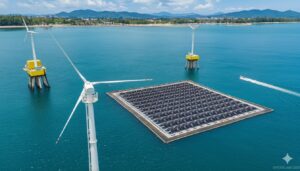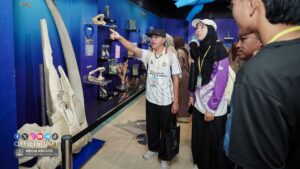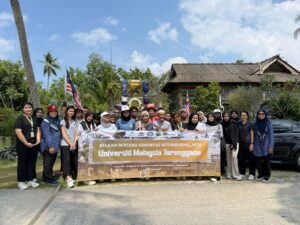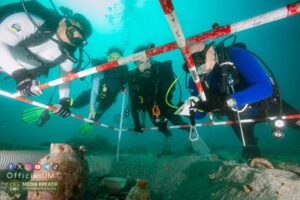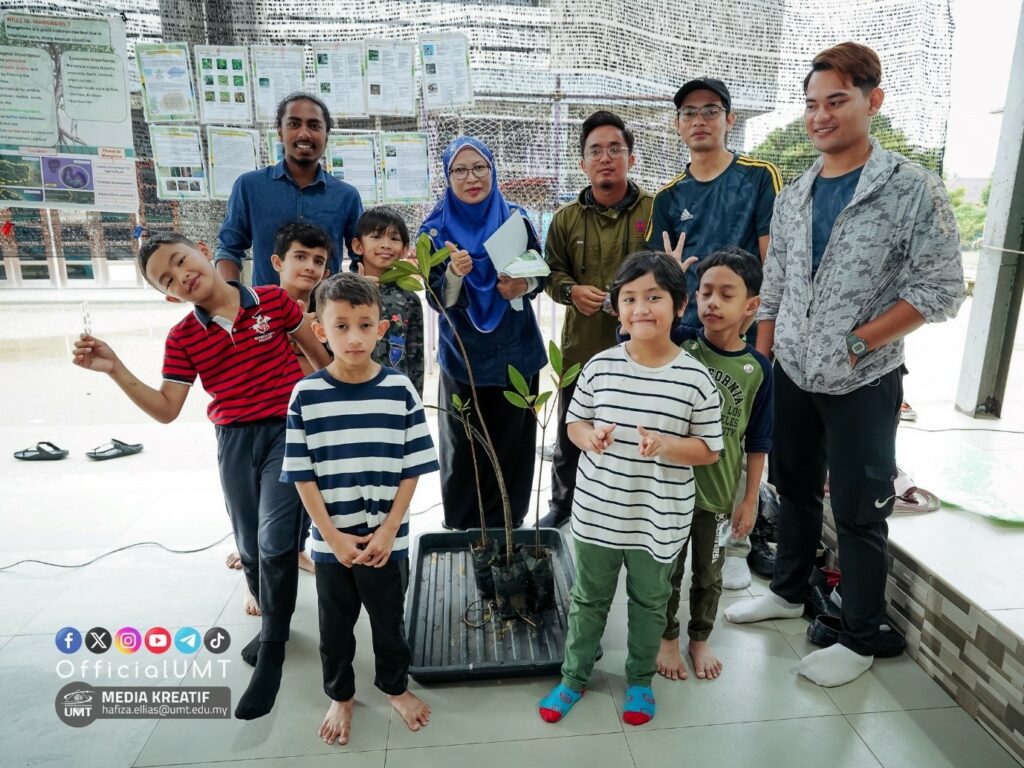
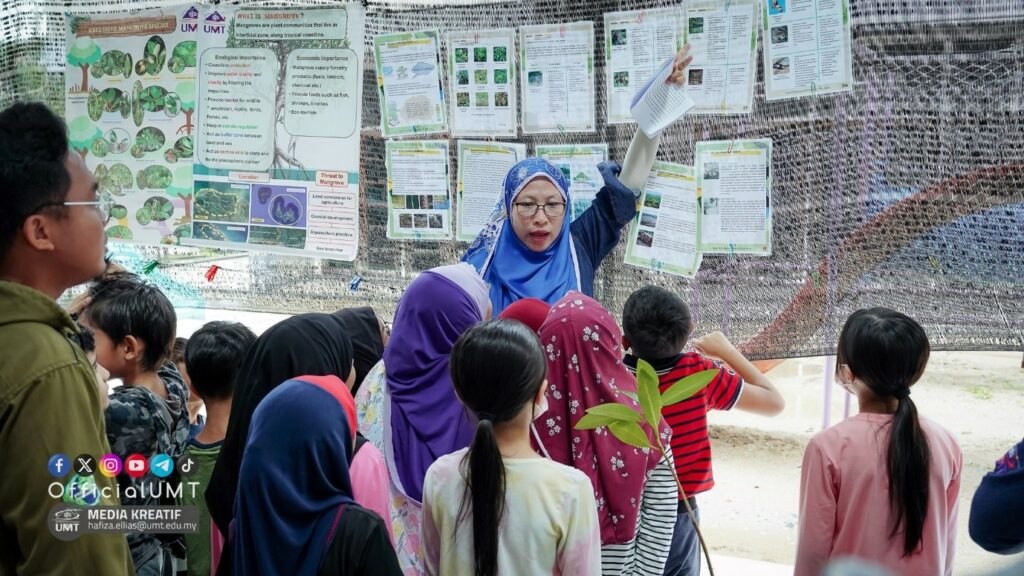

Building a Sustainable Future
Wednesday, 09/04/2025
Share This Article :
Environmental sustainability is a crucial foundation for ensuring human well-being and the continuity of Earth’s ecosystems. It refers to efforts to preserve and conserve natural resources so that today’s needs do not compromise the rights of future generations. This principle aligns with sustainable development, which emphasises a balance between economic, social, and environmental growth.
Each year, Earth Day is celebrated on 22 April as a global initiative to raise awareness about the importance of protecting the environment. The 2025 theme, “Our Power, Our Planet”, highlights the significance of renewable energy in tackling the increasingly critical issue of climate change.
Environmental education should be instilled from a young age at home, in schools, and within communities. It plays a vital role in shaping a generation that is responsible for the Earth. Recognising this, a group of researchers from the Faculty of Science and Marine Environment, Universiti Malaysia Terengganu (UMT), organized an educational programme titled “EcoSmart Kids: Building a Sustainable Future,” in collaboration with the NGO Ecoswed and the local community in Terengganu.
A total of 175 primary and secondary school students from the Setiu area participated in the programme, which emphasised interactive learning beyond the classroom. The main focus was on biodiversity and environmental pollution, in line with several of the Sustainable Development Goals (SDGs), namely SDG 4 (Quality Education), SDG 13 (Climate Action), SDG 14 (Life Below Water), and SDG 15 (Life on Land).
One of the key activities was an exposure to the role of mangrove forests in addressing climate change. Students were taught about the function of mangroves in stabilising coastal ecosystems and serving as natural barriers against erosion and storms. They also had the opportunity to plant mangrove seedlings in the spirit of the Earth Day celebration, while being guided by Ecoswed.
Biodiversity was also highlighted through activities involving plant identification and visual specimen classification. Students learnt about the importance of interspecies interactions in maintaining ecological balance. Observations of insects and pollen also helped them understand the relationship between pollination and food security.
The programme also placed emphasis on the issue of plastic pollution, which poses a major threat to the environment. Students were exposed to the effects of microplastics on marine ecosystems and human health. They learnt about plastic waste management by helping to sort items according to the recycling codes and watching the microplastic pollution demonstration on the beach.
A particularly meaningful experience for the students was witnessing an analysis of microplastics in a beach sand sample, giving them a clear understanding of the direct impact of plastic pollution on the local environment. This activity indirectly will encourage them to adopt more sustainable lifestyles, including reducing the use of single-use plastics.
The EcoSmart Kids programme has proven to be an effective platform for enhancing environmental awareness and knowledge among the younger generation. It has not only imparted knowledge but also instilled a sense of responsibility and motivation in the students to play an active role in protecting the planet. Experience-based learning approaches such as this have proven to be more effective in cultivating deep awareness of sustainability issues.
Earth Day is not merely symbolic, but a reminder that the sustainability of our planet depends on the actions we take today. Education, awareness, and collective action are key to building a sustainable future for all.
Our earth, our responsibility.




